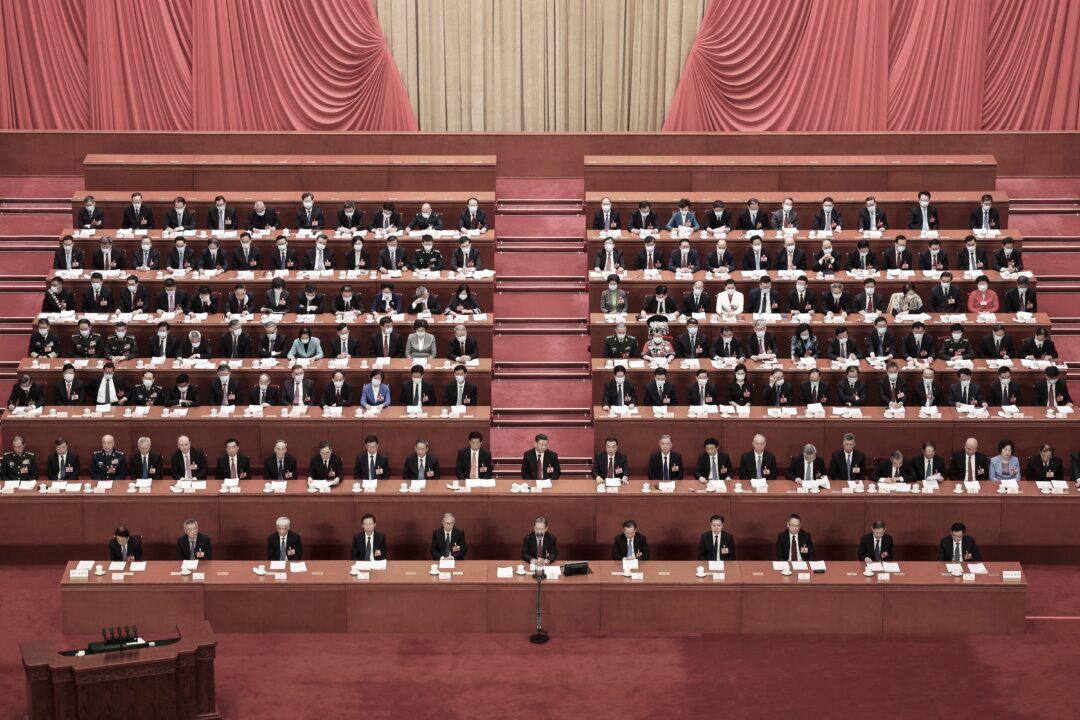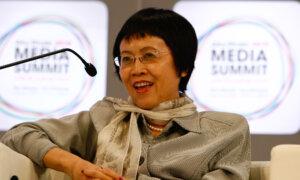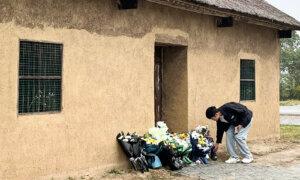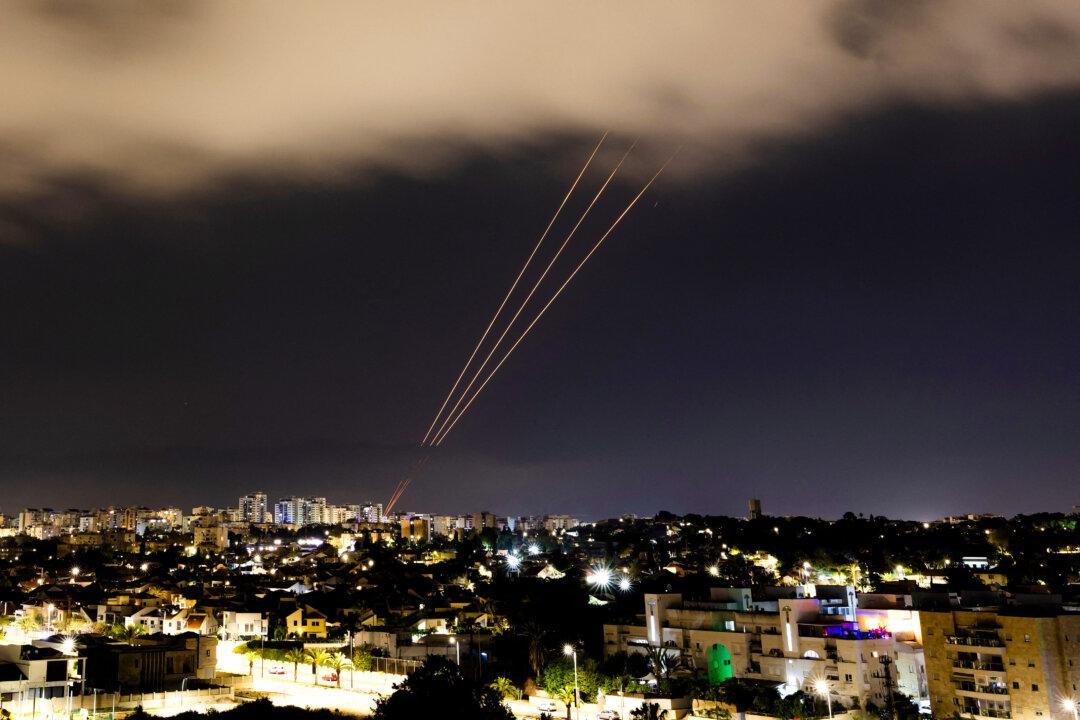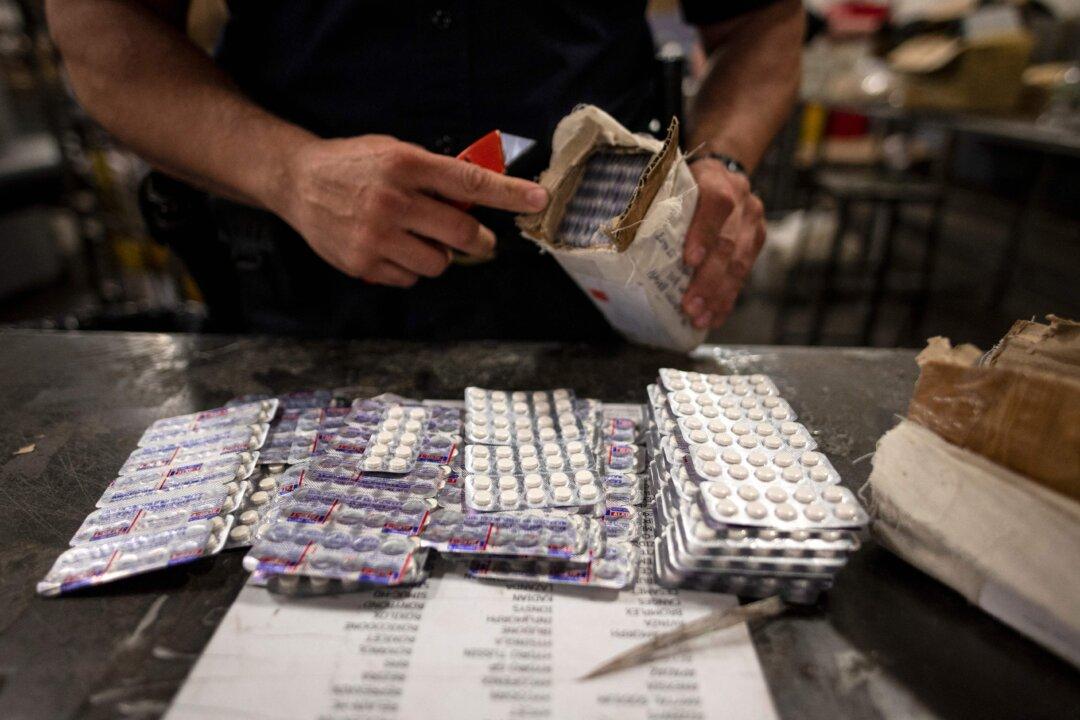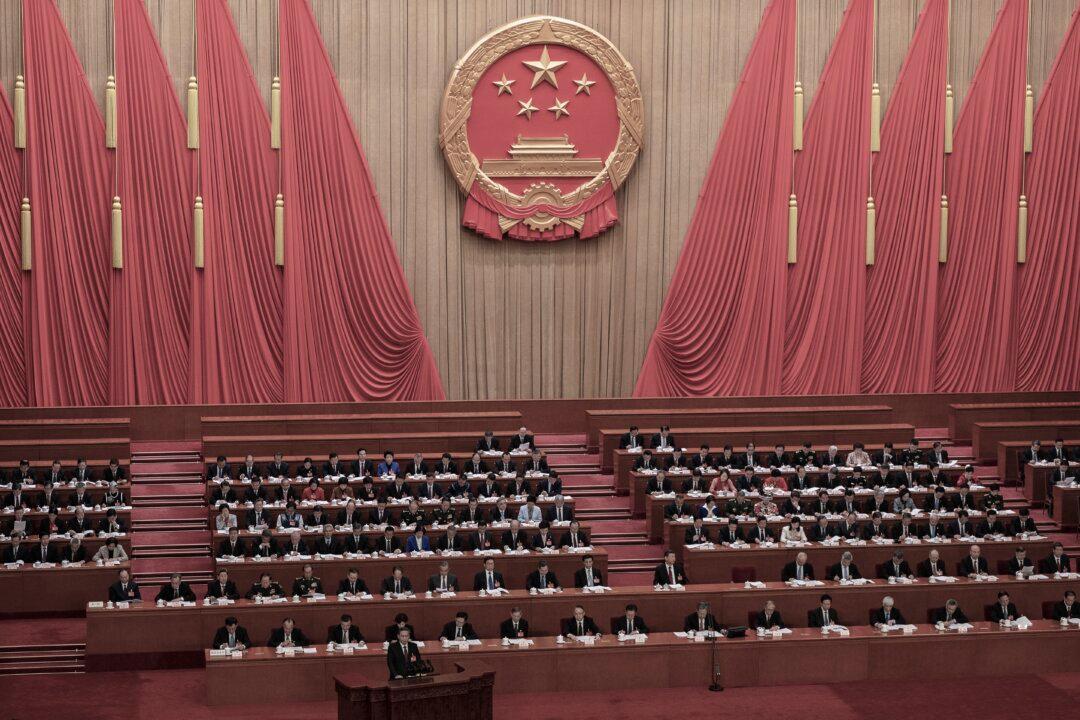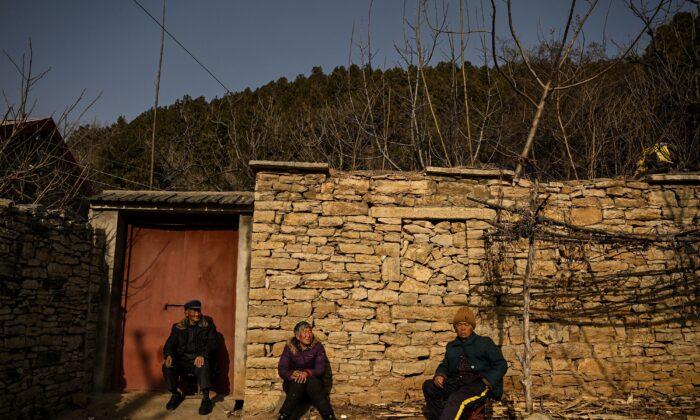News has just come out that Liu Yazhou, a retired Chinese Communist Party (CCP) general who was already under detention and investigation, has been sentenced to life imprisonment by the CCP’s military court. Mr. Liu was one of the CCP princelings in the military and initially supported Xi Jinping when he rose to power and took the throne. Now that Mr. Liu has been sentenced to a heavy prison term, analysts believe that Xi wants to intimidate the CCP princelings and that these princelings regret having supported Xi.
Liu is Probably Another Li Keqiang
Wang Juntao, chairman of the National Committee of the China Democratic Party, said on the “Pinnacle View” program that Mr. Liu receiving a heavy sentence is a landmark event in the CCP’s political arena.“I learned from a friend that Liu Yazhou had been sentenced to life imprisonment for economic problems and extramarital affairs, among other things. I later found out that I was the first person to break the news to the media,” he said.
Mr. Wang, who himself is a CCP princeling, has connections with insiders who are in close contact with the top ranks of the CCP. He was one of the leaders in the 1989 Tiananmen Square protests, which called for democratic reforms in China. Now living in exile in the United States, he remains an active voice in the pro-democracy movement.
According to Mr. Wang, the CCP princelings played a special role in Xi’s rise to power and consolidation of power. Xi initially had two superiors above him, Jiang Zemin and Hu Jintao, who had the power to control him behind the scenes. He defeated both of them, largely relying on the support of the CCP princelings.
“This is because the CCP princelings don’t respect those two ‘superiors’ who don’t have the same red bloodlines as they do. In this respect, they align themselves with Xi Jinping,” Mr. Wang explained.
“However, after Xi Jinping consolidated power and purged those two major factions, he wanted to start a dictatorship, and began to target the princelings. As far as I know, he has been very harsh on the princelings in key departments. For example, the princelings are allowed to assume leadership roles in various departments, except for security departments, which apparently impose strict restrictions on this particular group.
“Speaking of Liu Yazhou’s case, let’s leave aside the question of whether it’s because he’s in a key department. The crucial issue here is that punishing Liu Yazhou will serve as the best example to intimidate other princelings.”
Some people say that the fact that Mr. Liu still had an influence in the military made Xi nervous. Mr. Wang does not fully agree with this view.
“There are two factors to consider when discussing influence,” he said. “One is actual influence, which is generally based on whether you have real battle experience that makes others respect you, and the other is whether you have trained an army. Obviously, he has neither of these experiences. He is a military writer and rose through the military ranks by nepotism.”
Mr. Liu spent about 15 years at the National Defense University from 2003 to 2017, holding positions ranging from deputy political commissar to political commissar. The National Defense University is known for training the PLA’s senior military leaders. Around the time of his retirement, Mr. Liu began organizing a research foundation that received donations from various sources. According to insiders, Mr. Liu allegedly embezzled funds raised by his foundation for personal use, a major charge against him that led to the life sentence.
It is well known that all Red families in China are extremely corrupt. Therefore, Mr. Liu’s embezzlement and corruption accusation is just a pretext; there must be other motives hidden behind it.
Then why did Xi decide to punish Mr. Liu severely? Mr. Wang suspects that it is because some people hate Xi so much and have high hopes for Mr. Liu.
“Xi Jinping may be worried about this situation, that is, even if Liu Yazhou doesn’t have this ambition, others want to push him to take over from Xi Jinping. This really worries Xi Jinping because Liu Yazhou indeed has a good reputation in the military and political circles,” Mr. Wang analyzed.
Princelings’ Dissatisfaction with Xi Exacerbated
Guo Jun, the Epoch Times’ Hong Kong edition editor-in-chief, also shared on “Pinnacle View” that Mr. Liu’s case will have a tremendous impact on the CCP princelings.“The military has its own culture that highly values brotherhood and loyalty, which is crucial on the battlefield where one’s life depends entirely on the trust and support of fellow soldiers. This is a universal principle. In the United States, the highest military medals are often awarded to honor such acts of bravery, especially for saving fellow soldiers. An army lacking this ethos simply cannot function in war,” she said.
The importance of these values is even more evident in real-world military operations, Ms. Guo continued.
“Worldwide, there have been many military coups and several military governments, which essentially rely on this military tradition to govern countries. In my view, the case of Liu Yazhou, who served a long term in the military from 2003 to 2017 at the National Defense University, will have a significant impact. It is fair to say that most of the senior military leaders over the past 20 years have been his students, potentially harboring various degrees of rebellious thoughts against the current top leadership. Indeed, after Liu Yazhou’s arrest, the widespread purges within the CCP military have not diminished but increased, which could be indicative of what I just described.”
In her view, many people are hiding their grievances in the current repressive environment, but they are bound to erupt at some point.
“When their grievances collectively erupt, it will be a repeat of what happened during Mao Zedong’s era. While Mao was alive, everyone remained silent or even outwardly supported him, but after Mao’s death, they quickly took action and supported Deng Xiaoping. Why was Deng Xiaoping able to overthrow the Gang of Four? It’s because none of the Gang of Four came from the military, while Deng had military experience as a political commissar in the Second Field Army,” she said.
Mr. Guo concurred with Mr. Wang that when Xi first came to power, the most significant support came from the CCP princelings. She explained that this was because the princelings naively believed that they could continue to enjoy their privileges under Xi’s rule.
“After Deng Xiaoping’s reforms, the CCP adopted a collective leadership system, but in reality hundreds of elite families wielded power in China, akin to having hundreds of emperors. So when Xi Jinping later amended the constitution to centralize personal authority, it was seen as a demotion for these princelings, who were naturally displeased. Now, they can’t even keep their high ranks within the CCP officialdom and are restricted from speaking out on national affairs or criticizing the central authorities, leading to greater dissatisfaction among them. Some are grumbling, and some have actively sought to overthrow Xi’s leadership, which is not just baseless rumors,” Ms. Guo said.
She believes that the clash between the princelings with Xi will likely lead to an impactful political drama.
“Now, the princelings have essentially fallen out with Xi Jinping,” Ms. Guo said. “Xi Jinping no longer promotes anyone with a princeling background, especially within the military. Figures like Li Shangfu and Zhang Youxia, who are princelings from red families, have faced investigations or been stripped of power. These people have significant political influence. Therefore, the future remains uncertain, and any incident could potentially escalate into a major incident.”
